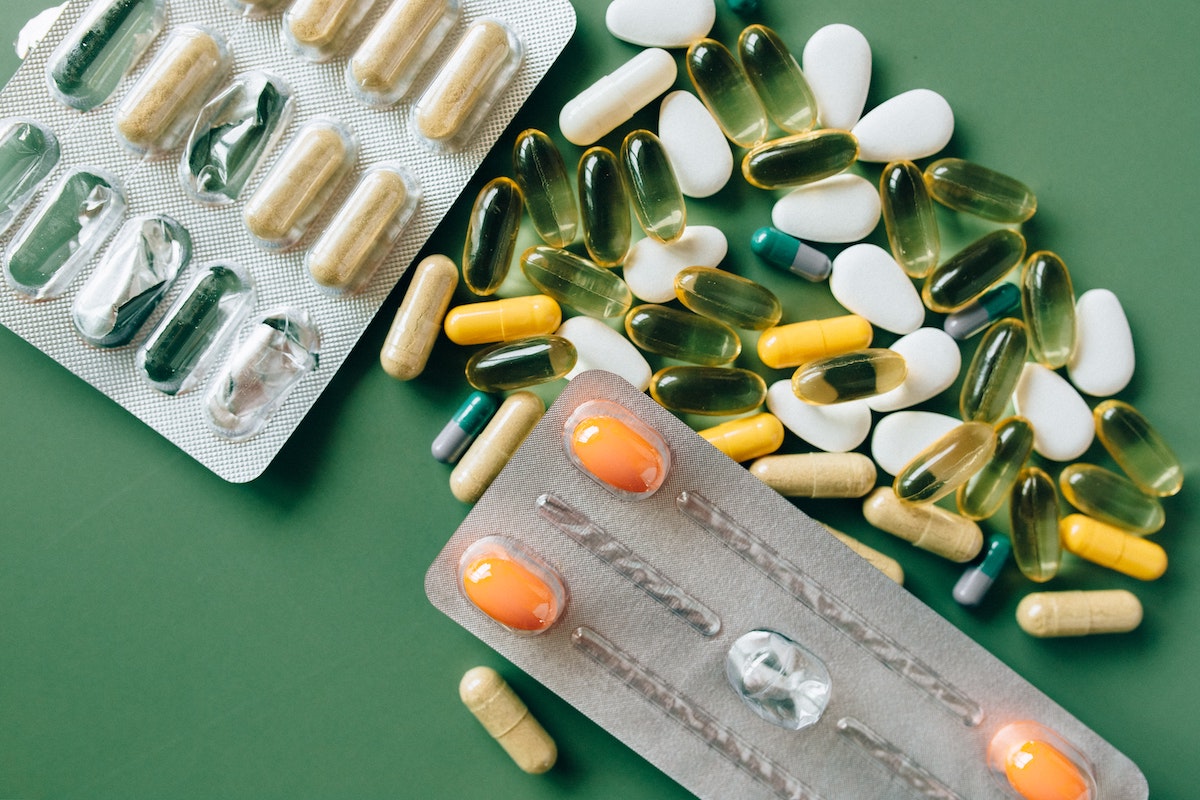 Psychology
Psychology
Can placebos make you feel better?
A placebo – popularly thought of as a fake treatment – is increasingly accepted as a potential treatment to reduce distress. However, the stereotype belief that deception is necessary to get them to work prevents their widespread use. Here we provide evidence that placebos can still reduce emotional distress even when a person knows they are taking a placebo.

Imagine you are feeling stressed, anxious, and depressed. You go to your doctor and ask for ways to manage these feelings. Instead of giving you anti-anxiety or anti-depressant medication, which has many side effects, they tell you about a new treatment option: taking a placebo – a treatment or drug that does not have active ingredients but may still provide therapeutic benefits.
You are skeptical. You probably heard that placebos are fake treatments and can only work if you are deceived into thinking you are taking real medicine. But your doctor educates you about the placebo effect – a genuine beneficial effect that can stem from your positive beliefs and expectations. Your doctor tells you that there are promising new studies showing placebos can still work without deception and may be able to manage your distress. Are you willing to try it? Do you think these non-deceptive placebos will work on you?
This scenario of prescribing non-deceptive placebos, at least for some conditions, may be possible in a few years. There is accumulating evidence that non-deceptive placebos can manage many conditions, especially those related to stress. However, before prescribing or taking non-deceptive placebos becomes routine practice, there are some key issues we need to address. Although many non-deceptive placebo studies find reliable positive effects on self-report measures, they find less reliable effects on more objective outcomes—this casts doubt as to whether these beneficial effects are real. Since people are honestly told that the placebo will make them feel better, some researchers are concerned that people may just report what scientists want to hear. To bring us closer to eventually using non-deceptive placebos, we need to provide objective evidence that they can lead to real psychobiological effects.
In this study, we help address this vital issue by testing if non-deceptive placebos can help reduce people’s self-reported and brain activity measures of emotional distress. We randomly assigned people into two groups. In the non-deceptive placebo group, participants were educated about placebo effects and how they could still work even if they know they were taking one before receiving a saline nasal spray (a kind of placebo treatment). In the other group, participants were educated about another unrelated topic before receiving a saline nasal spray to serve as a ‘no placebo’ group. After, both groups viewed emotionally distressing images. In one study, they self-reported how negative they felt after looking at the pictures. In a second study, we measured their brain's electrical activity using a cap with sensors designed to measure their response to these images. The amplitude of this brain response increases with feelings of intensity when looking at emotional pictures.
Like previous studies, we found that people in the non-deceptive placebo group reported less emotional distress than the ‘no placebo’ group. More importantly, people in the non-deceptive placebo group also showed a reduced brain response amplitude when looking at the emotional images compared to the ‘no placebo’ group. These results suggest that non-deceptive placebos lead to real, beneficial effects that can be objectively measured as the brain’s electrical activity.
Non-deceptive placebos may help people deal with episodes of stress, anxiety, and depression without side effects. They may also help manage the negative emotions and distress people feel for other severe medical conditions. We believe these findings open up the translational potential of eventually prescribing and using non-deceptive placebos to manage stress and other stress-related conditions.
Original Article:
Guevarra D, Moser J, Wager T, Kross E. Placebos without deception reduce self-report and neural measures of emotional distress. Nat Commun. 2020;11(1).
Next read: Fish and ships by David Tickler , Jessica Meeuwig
Edited by:
Dr. Akira Ohkubo , Associate Editor
We thought you might like
Exposing the remnant core of a giant planet
Feb 22, 2021 in Earth & Space | 4 min read by David ArmstrongRare rains bring death to microbes of the Mars-Like Atacama Desert
Apr 12, 2019 in Microbiology | 4 min read by Armando Azua-BustosLikely increase in coral thermal tolerance at a Pacific archipelago
Dec 29, 2023 in Earth & Space | 3 min read by Liam LachsA special delivery for malaria-transmitting mosquitoes
Dec 18, 2019 in Health & Physiology | 3.5 min read by Etienne Bilgo , Brian LovettMore from Psychology
Sharing a political ideology predicts more similar brain activity
Sep 1, 2023 in Psychology | 3.5 min read by Daantje de Bruin , Oriel FeldmanHallHow do people see, simplify, and solve problems?
Aug 25, 2023 in Psychology | 3.5 min read by Mark HoWomen are human too, but not according to the internet
Jul 21, 2023 in Psychology | 4 min read by April BaileyDeaf to arguments? How conspiracy beliefs shape opposition to wind farms
Jun 12, 2023 in Psychology | 3 min read by Kevin WinterCan Training Make Policing Fairer and More Effective?
May 22, 2023 in Psychology | 3 min read by David Weisburd , Cody TelepEditor's picks
Trending now
Popular topics


